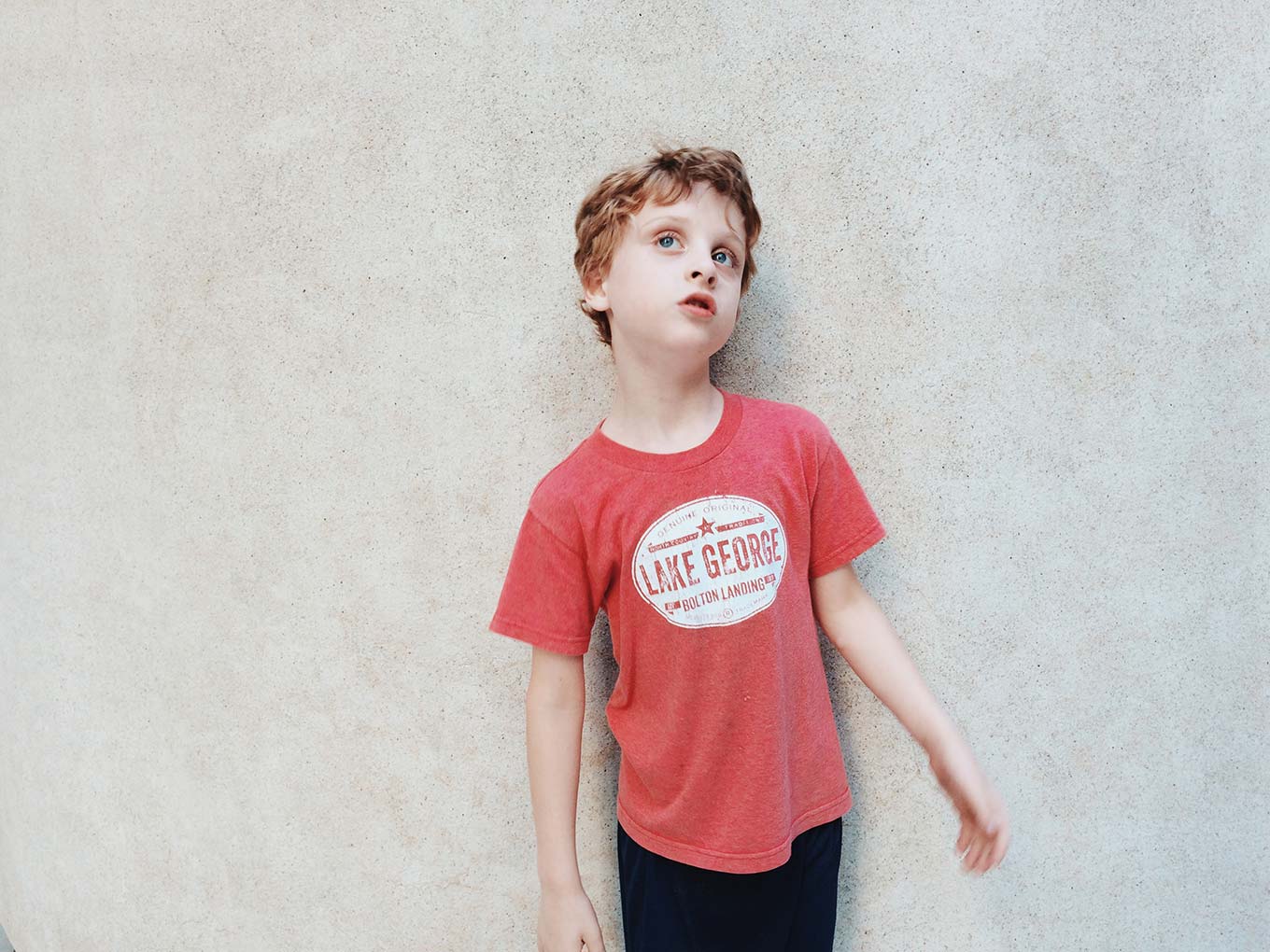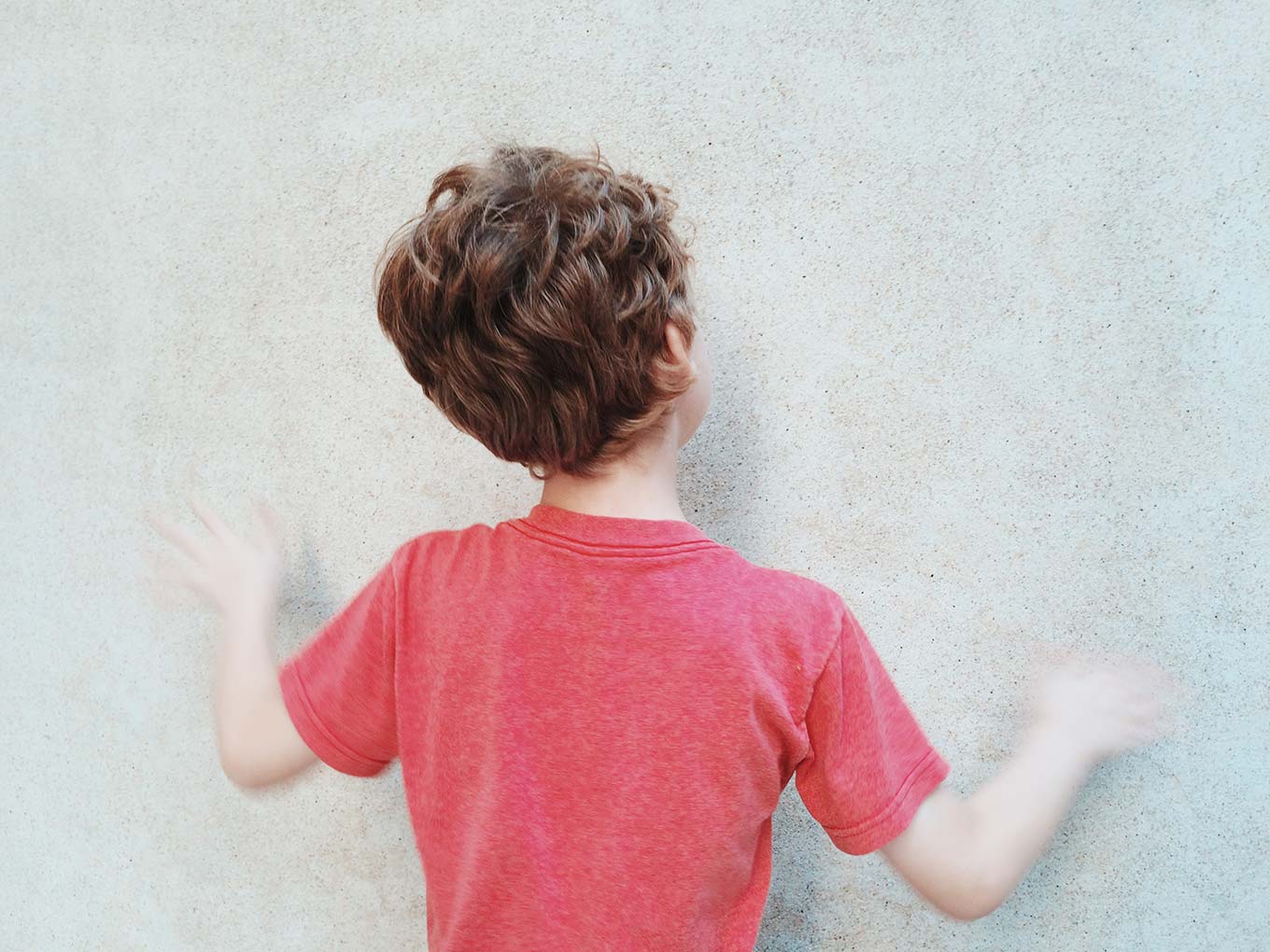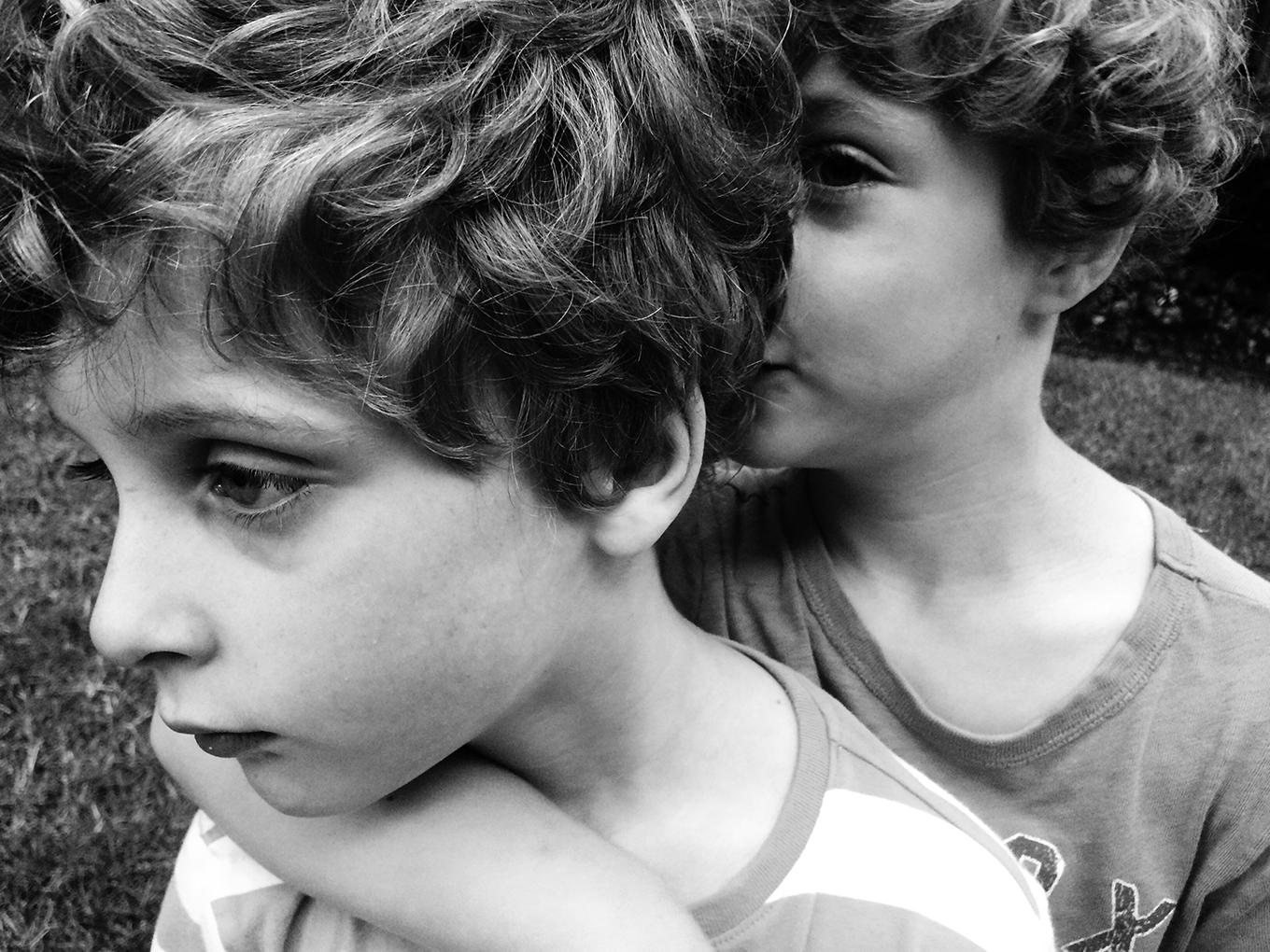Things have been hectic, thus fewer posts. I have been a bit more active over on Facebook; won't you join me there?
In the meantime, just a couple quick notes.

We've been working with C to help him show his emotions in appropriate ways, in particular affection. It looks like it's working.
I took this photo just before a very tough morning. You see, it's summer break for the twins. This means some much-needed downtime for C, and day camps for M. As we dropped M off at his camp, C fell apart. He saw the kids doing a morning routine, playing, laughing. He was devastated that he couldn't stay with his brother, that he couldn't be part of the summer camp experience. Obviously, this isn't easy on us, either.
On the drive home, my wife and I chatted with him about how this wasn't possible just now, but hopefully soon. We try to be honest with him, but still protect his feelings. He gets it, even though he doesn't like it.
In other news, I just started reading the just-released and already critically-acclaimed NeurTribes by Steven Silberman. It's not just incredibly informative, it's a great read. I highly recommend it, but don't take my word for it:
“NeuroTribes is a sweeping and penetrating history, presented with a rare sympathy and sensitivity. It is fascinating reading; it will change how you think of autism, and it belongs, alongside the works of Temple Grandin and Clara Claiborne Park, on the bookshelf of anyone interested in autism and the workings of the human brain.”
— Oliver Sacks, author of An Anthropologist On Mars and Awakenings
In March, Silberman gave a great TED Talk on the forgotten history of autism. Check it out if you haven't already.
That's it for now. More soon...hopefully.


 Sometimes extreme sensory-seeking is a hassle. It means crashing into things, knocking things over, chewing everything in sight — even Dad's favorite chair.
Sometimes extreme sensory-seeking is a hassle. It means crashing into things, knocking things over, chewing everything in sight — even Dad's favorite chair. 

 Parents occasionally write to tell me their child was just diagnosed with autism, and in searching the Web for insights they found my blog. They often express fear and sometimes sorrow, and ask if I have any advice.
Parents occasionally write to tell me their child was just diagnosed with autism, and in searching the Web for insights they found my blog. They often express fear and sometimes sorrow, and ask if I have any advice.